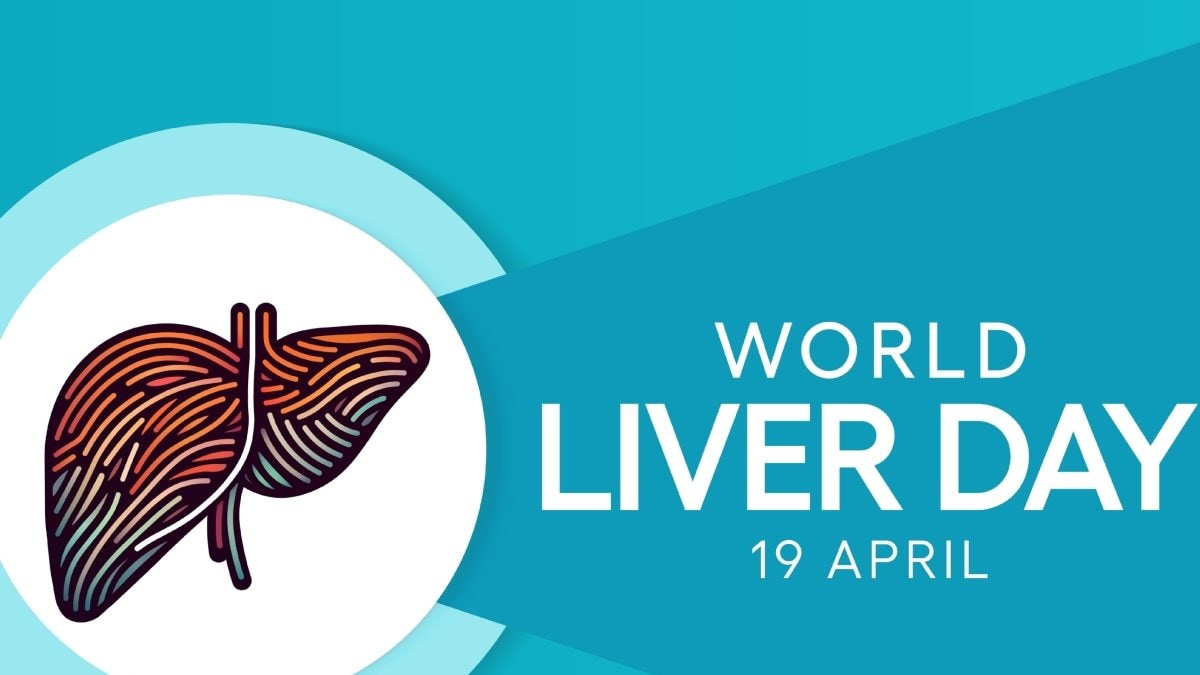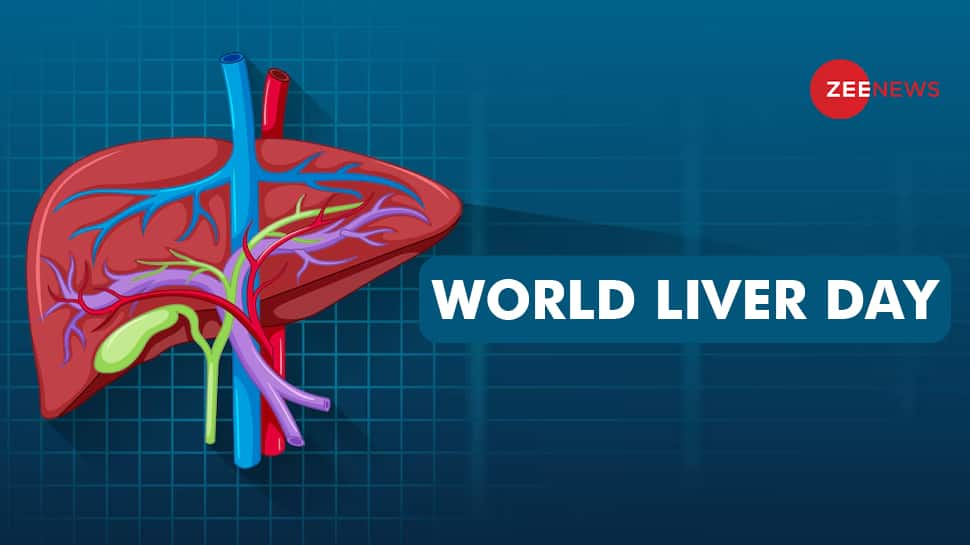World Thyroid Day is an annual observance held on May 25th to raise awareness about thyroid-related diseases and promote better understanding and prevention of thyroid disorders worldwide. Thyroid disorders affect millions of people globally, with various conditions such as hyperthyroidism, hypothyroidism, thyroid nodules, and thyroid cancer. World Thyroid Day provides a platform to highlight the impact of these disorders on individuals’ lives and emphasize the need for early intervention.
The thyroid gland plays a crucial role in regulating various body functions, including metabolism, growth, and development. When the thyroid gland malfunctions, it can result in either an overactive thyroid (hyperthyroidism) or an underactive thyroid (hypothyroidism).
Dr Sunita Kapoor, Director and Consultant Pathologist at City Xray & Scan Clinic Pvt. Ltd. explains some common symptoms associated with thyroid disorders and the tests used to diagnose them.
World Thyroid Day 2023: Tests To Diagnose Thyroid Disorders
Dr Sunita Kapoor explains how the following tests helps to diagnose Thyroid disorders:
–Thyroid Stimulating Hormone (TSH) Test: It measures the level of TSH in the blood. Low levels of TSH indicate an overactive thyroid (hyperthyroidism).
–Free T4 Test: It measures the level of free thyroxine (T4), the active thyroid hormone, in the blood.
–Radioactive Iodine Uptake Test: Evaluates how much iodine your thyroid gland absorbs. Increased uptake suggests hyperthyroidism.
–Thyroid Scan: Involves injecting a radioactive substance to examine the structure and function of the thyroid gland.
World Thyroid Day 2023: Symptoms To Diagnose Thyroid Disease
Dr Sunita Kapoor shares some common symptoms to diagnose thyroid disease.
–Weight Gain Or Loss: One of the most typical symptoms of thyroid disease is an unexpected weight gain or loss. Gaining weight could be a sign of hypothyroidism, a disorder marked by low thyroid hormone levels. In contrast, if the thyroid produces more hormones than the body needs, you may lose weight unexpectedly. This is known as hyperthyroidism. Hypothyroidism is far more common.
–Swelling In The Neck: A visual indicator that the thyroid may be malfunctioning is a bulge or enlargement in the anterior neck. Both hypothyroidism and hyperthyroidism can result in a goiter. Thyroid nodules, or masses that develop inside the thyroid, can also cause swelling in the neck. It might also be brought on by a factor unconnected to the thyroid.
–Changes In Energy Or Mood: Thyroid disorders can have a noticeable impact on your energy level and mood. Hypothyroidism tends to make people feel tired, sluggish, and depressed. Hyperthyroidism can cause anxiety, difficulty in sleeping, restlessness, and irritability.
–Changes In Heart Rate: Nearly every organ in the body is impacted by thyroid hormones, which can also alter how quickly the heart beats. Hypothyroid patients may notice that their heart rate is slower than usual. The heart rate may increase as a result of hyperthyroidism. Additionally, it may result in heart palpitation as well as an increase in blood pressure and a pounding sensation.
–Hair Loss: Your energy level and mood may be noticeably affected by thyroid conditions. People with hypothyroidism frequently experience hair loss, cold sensitivity, fatigue, sluggishness, and depression. Hyperthyroidism as mentioned before can cause anxiety, sleep disturbances, restlessness, and irritability as well as fine brittle hair, increased sensitivity to heat, and tremor.
Dr Sunita Kapoor is Director and Consultant Pathologist at City Xray & Scan Clinic. The views expressed in the article are those of the author and do not reflect the views of Zee News.















































